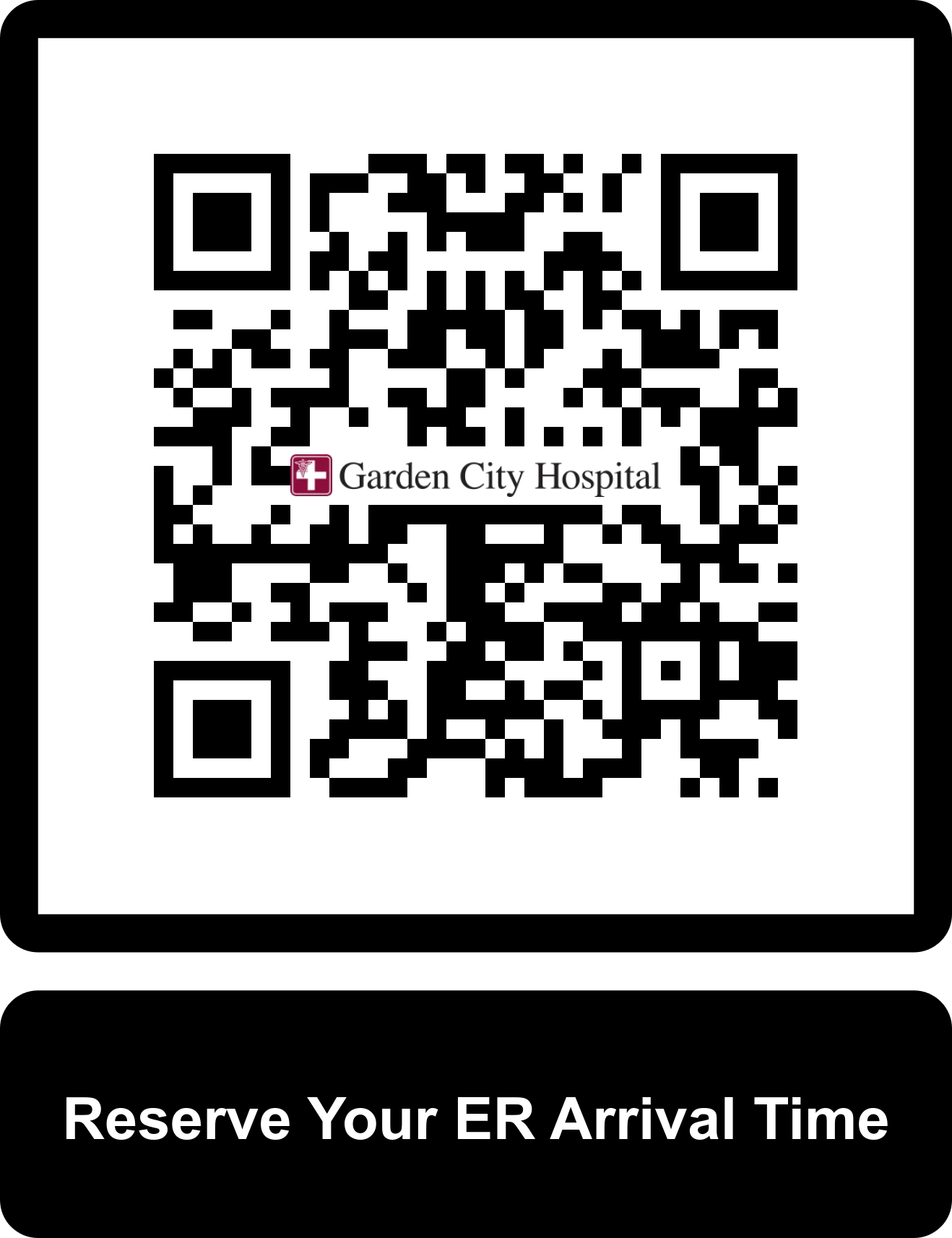Treating Chronic Pain
Sruthi Kondur, MD, practicing pain management specialist at Garden City Hospital
Pain is a very complex problem that we deal with. Sometimes, it can be just a cut or a sprain that lasts only a few minutes, but other times it can last weeks, even months. This is called chronic pain. Chronic pain is any pain that lasts up to 3-6 months or more and impacts your day-to-day physical and mental health. Dr. Sruthi Kondur, practicing pain management specialist at Garden City Hospital, says “pain not only affects the day-to-day life and physical existence, but also has a lot of impact on social and emotional aspects of life.” She says, “some patients have challenges like going to work or getting a good night’s sleep because of their pain.” These challenges can take a toll on someone’s mental state, leading to things like depression, insomnia, anxiety, fatigue and guilt. People may feel frustrated that their unable to do the things they used to, worrisome they’ll be out of work and unable to keep up with the bills and guilty that they can’t be present with friends and family like they used to. The good news is there are many different methods for treating pain.
Pharmacological Methods
Garden City Hospital takes a multi-model approach to treating pain. What this means is, there are pharmacological and non-pharmacological options to treat pain. Pharmacological methods include both opioid and non-opioid medications. Many different types of non-opioid medications are over the counter can be very helpful in treating short-term pain as they can cause risks of kidney issues, blood clotting, stomach ulcers, cardiovascular risks and liver failure if taken too frequently, in large quantities or for a long period of time. Opioids are another medication used to treat pain. Dr. Kondur says, “opioid medications are great medications when used the right way, but when taken for a prolonged period of time, there’s risk of developing tolerance, dependence and a lot of other side effects that are not good for patients.”
Non-Pharmacological Methods
At Garden City Hospital, we try to put a greater emphasis on non-pharmacological methods for patients with chronic pain, to help them lower the number of doses of the pain medications they’re on, so that it’s safe an effective treatment for them. Dr. Kondur says, “this can be things like patient education and lifestyle modifications like exercise, decreasing stressors and cognitive behavioral therapies.” Cognitive behavioral therapies are talk therapies help patients view pain differently and are often used with other pain management techniques like medication, physical therapy and surgery in more severe cases. Another method for treating pain is nerve blocks. “Nerve blocks are very simple techniques that are used to decrease inflammation and help with pain for patients,” says Kondur. Nerve block procedures involve simple injections to the nerve(s) causing pain. Advanced procedures include things like radiofrequency ablations that use heat to stop the transmission of pain, spinal cord stimulators which send electricity into the spinal cord to relieve pain, celiac plexus blocks or injections that help with abdominal pain and sympathetic blocks that help your doctor control the source of pain. These methods, along with many other interventions, are available for patients to help safely and effectively treat pain.
By taking a multi-model approach, patients can balance their lifestyle with their patient goals. Dr. Kondur says, “these goals may be different in people experiencing chronic pain or who have, or are recovering from, a sports injury.” “Patients with sports injuries may only require a couple months of treatment before they’re recovered and back to their basic life.” This multi-model approach helps give safe, effective and individualized care for patients, decrease their opioid use and improve their overall lifestyle.
Sources: WebMD, Florida Medical Clinic, American Society of Regional Anesthesia and Pain Medicine
Do you suffer with chronic pain? Ask your doctor about a referral to a Garden City Hospital pain management specialist. Call 877-717-9355 or visit gch.org/Find-a-Physician.



